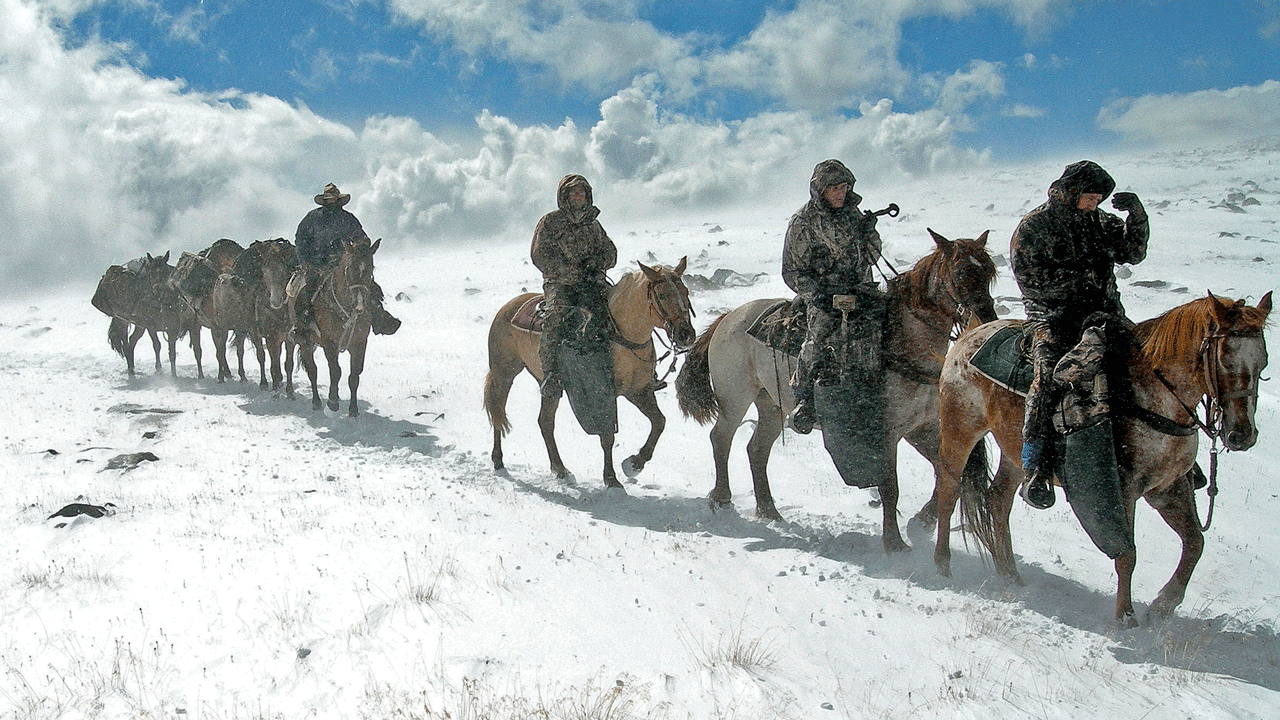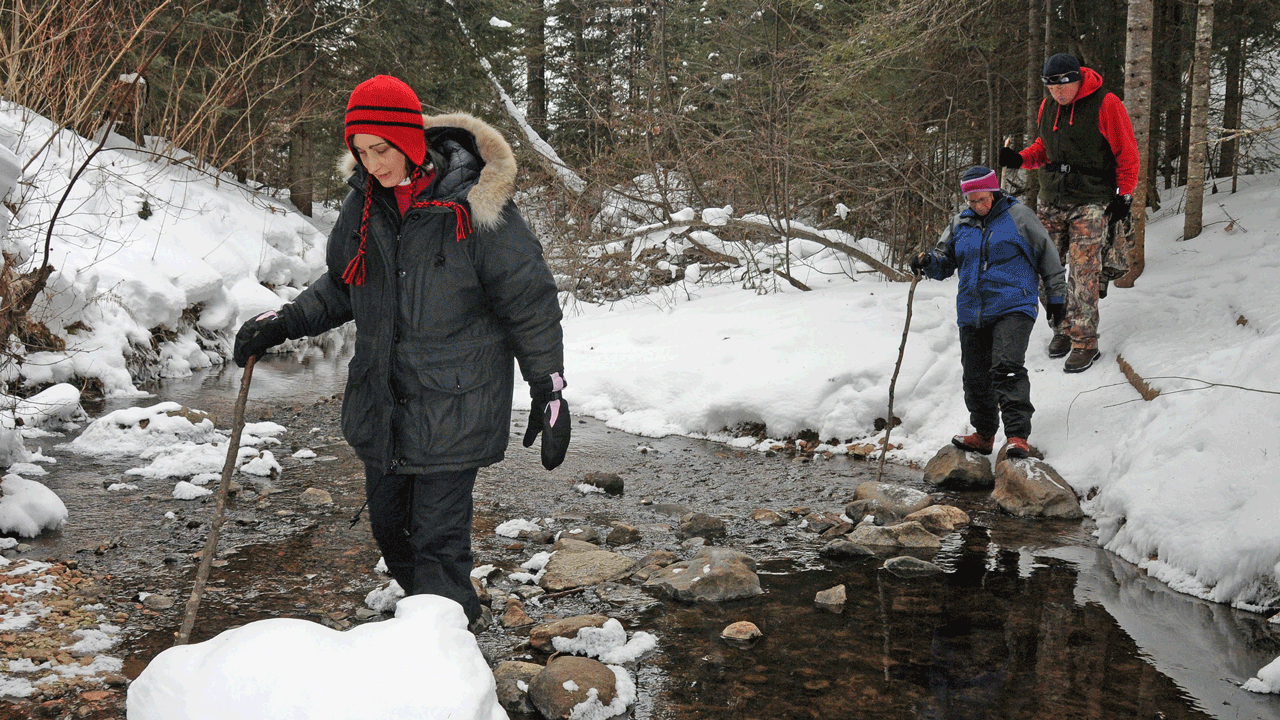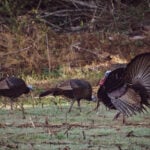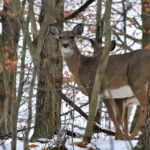As lawmakers and wildlife-agency officials nationwide try to get more citizens to pay for fish, wildlife and conservation programs, some folks often find themselves swaying atop the fence, unsure if they want more help. But what would it look like if other outdoor groups paid as much as hunters for conservation?
Hunters and anglers have long paid over 90 percent of the costs for their state’s conservation programs, even though these efforts benefit far more people than hunters and gatherers.

Hunters and anglers regularly backpack or horseback into the backcountry of the nation’s public lands.
Yes, it’s seldom fair when one group carries such a burden. In democracies, everyone is supposed to share such obligations equally. On the other hand, by relying heavily on one large constituency, fish-and-wildlife agencies must address that group’s concerns. If more diverse groups shared a larger share of the costs, the agencies can’t be as beholden to their traditional core money providers.
Hunters, anglers and trappers might not like that, but it’s probably something everyone must eventually learn to accept. Besides, it’s been happening for years, even while hunters, anglers and other “consumptive” users provide the bulk of the funding.
In recent years, wildlife agencies have often been accused by hunters and anglers of being too sympathetic to the “non-consumptive” crowd, be they hikers, canoeists, campers, butterfly chasers, trail runners, horseback riders or flatlands mountain-bikers. It appears few people think state agencies do enough for them individually, even if they haven’t paid a cent toward the agency’s programs. Even so, they’ll likely be even more pushy once they annually pay a generic natural resources fee.
What gets especially worrisome is that the more diverse the funding sources, the more sundry the opinions and accusations groups will hurl at the agencies. Those comments could get interesting as even more people try to reconnect to the land, chat with wildlife managers, conservation wardens, forest rangers or anyone dealing full-time with urbanites dipping a toe in rural or wilderness settings. More folks than ever want the outdoors experience, but they often hate or avoid what’s under the rocks.

As more people pay into wildlife accounts, they expect more input into how public lands are managed.
What follows are comments left on U.S. Forest Service registration sheets and comment cards from back-packers completing wilderness camping trips in recent years:
** “A small deer came into my camp and stole my bag of pickles. Can I get reimbursed? Please call.”
** “Instead of a permit system or regulations, the U.S. Forest Service needs to reduce worldwide population growth to limit the number of visitors to the wilderness.”
** “Trails need to be wider so people can walk while holding hands.”
** “Ban walking sticks in wilderness areas. Hikers who use walking sticks are more likely to chase animals.”
** “All the mile markers are missing this year. Please replace them ASAP.”
** “Trails need to be reconstructed. Please avoid building trails that go uphill.”
** “We encountered too many bugs and leeches and spiders and spider webs. Please spray to rid the area of these pests.”
** “Reflectors need to be placed on trees every 50 feet so people can hike at night with flashlights.”
** “The places where trails aren’t well defined are not well-marked. Occasional rock cairns are not enough.”
** “When I called the ranger station with my cell phone to get a weather report and advice, the woman who answered was not very helpful.”
Whew. As we work to make more people pay for resource programs, we must weigh the costs and benefits. Maybe we’ll need to hire so many attendants to answer naive questions that no money will be available to build outhouses — or rest facilities with showers and flush toilets – or squeeze eggs and milt from spawning walleyes.
You think I’m joking? Don’t be so sure. When it comes to other outdoor groups paying for as much as hunters for conservation, just remind yourself that many people now expect more pampering when they visit our national parks and other public lands.

 By
By 



